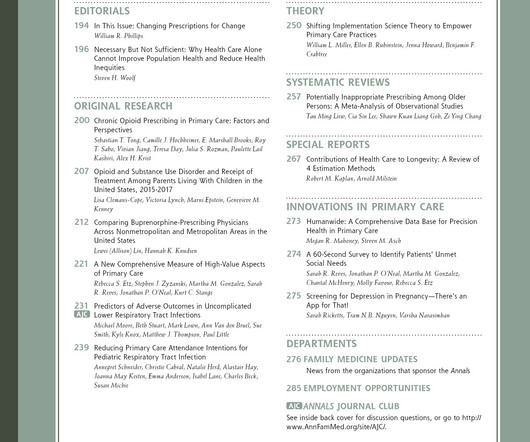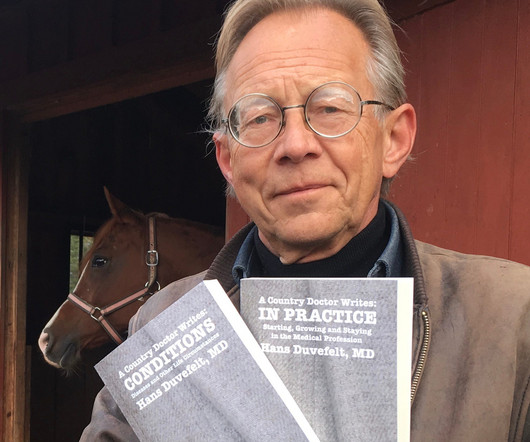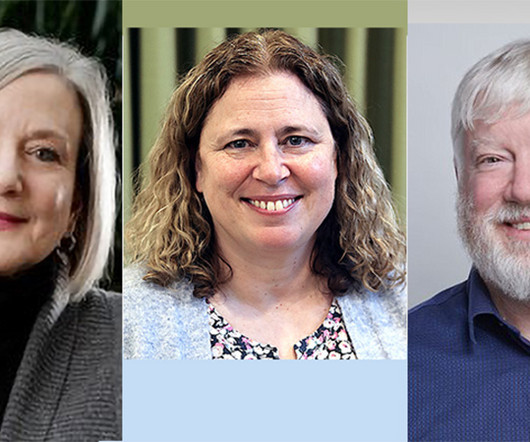Understanding the care for older people in rural China: The role of primary care providers as "the third sphere" [Global health]
Annals of Family Medicine
NOVEMBER 20, 2024
To address this crisis, China has launched the National Essential Public Health Services (NEPHS) program in 2009, which includes several elderly care initiatives. Setting: Community Y is a typical rural community in Northern China with a population of around 3,000 (≥ 50% of the population aged 65 and older).












Let's personalize your content